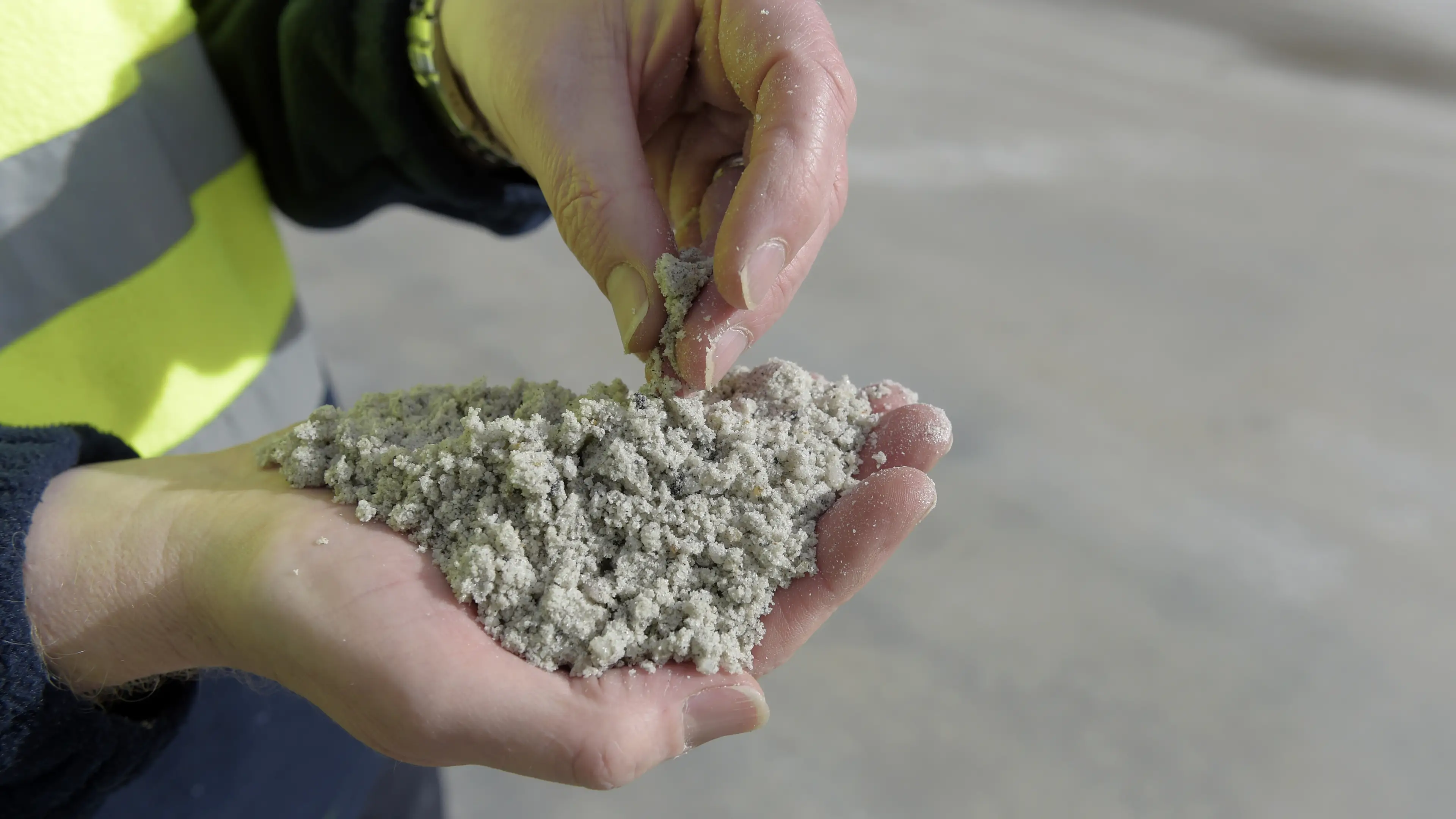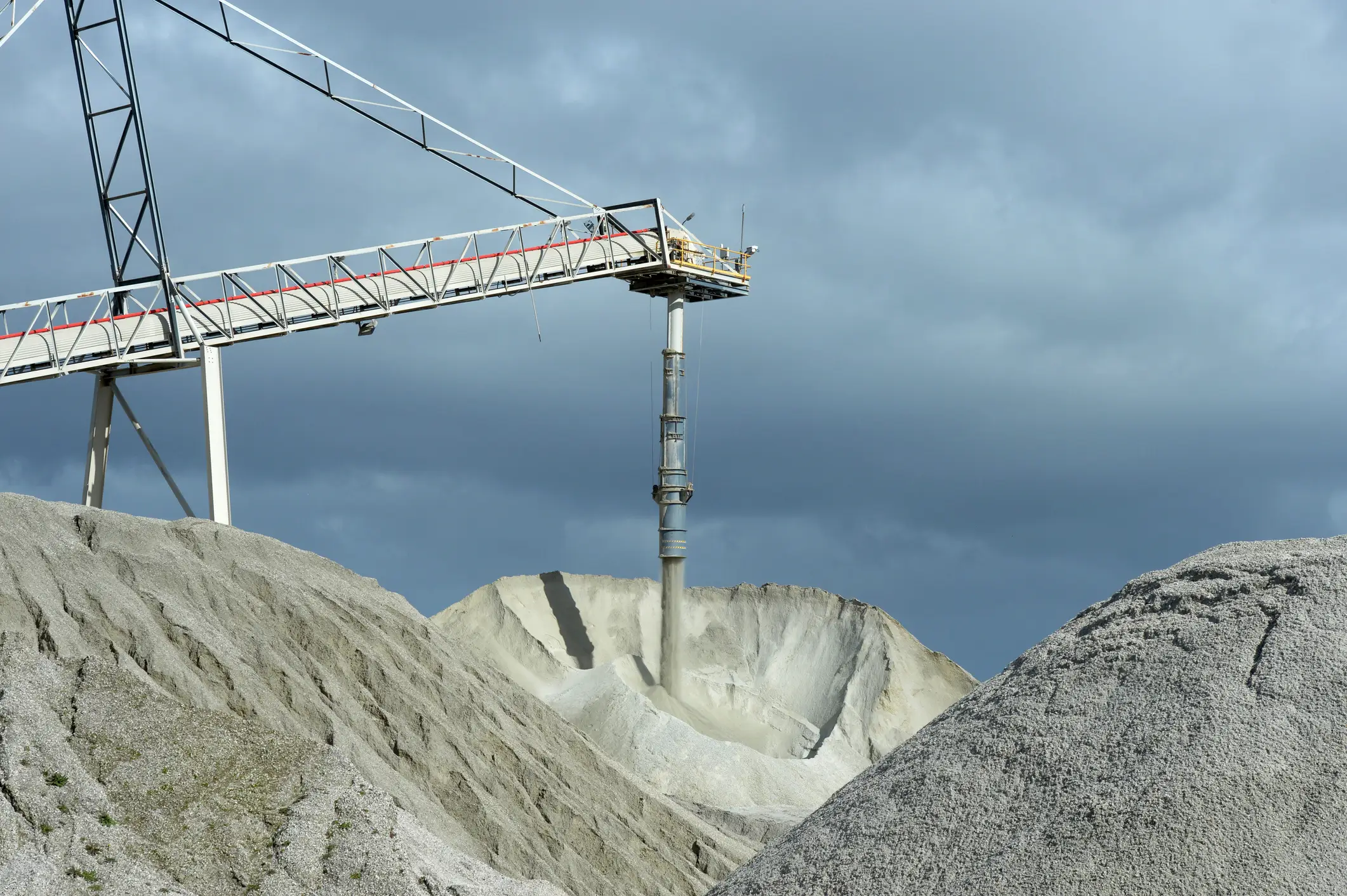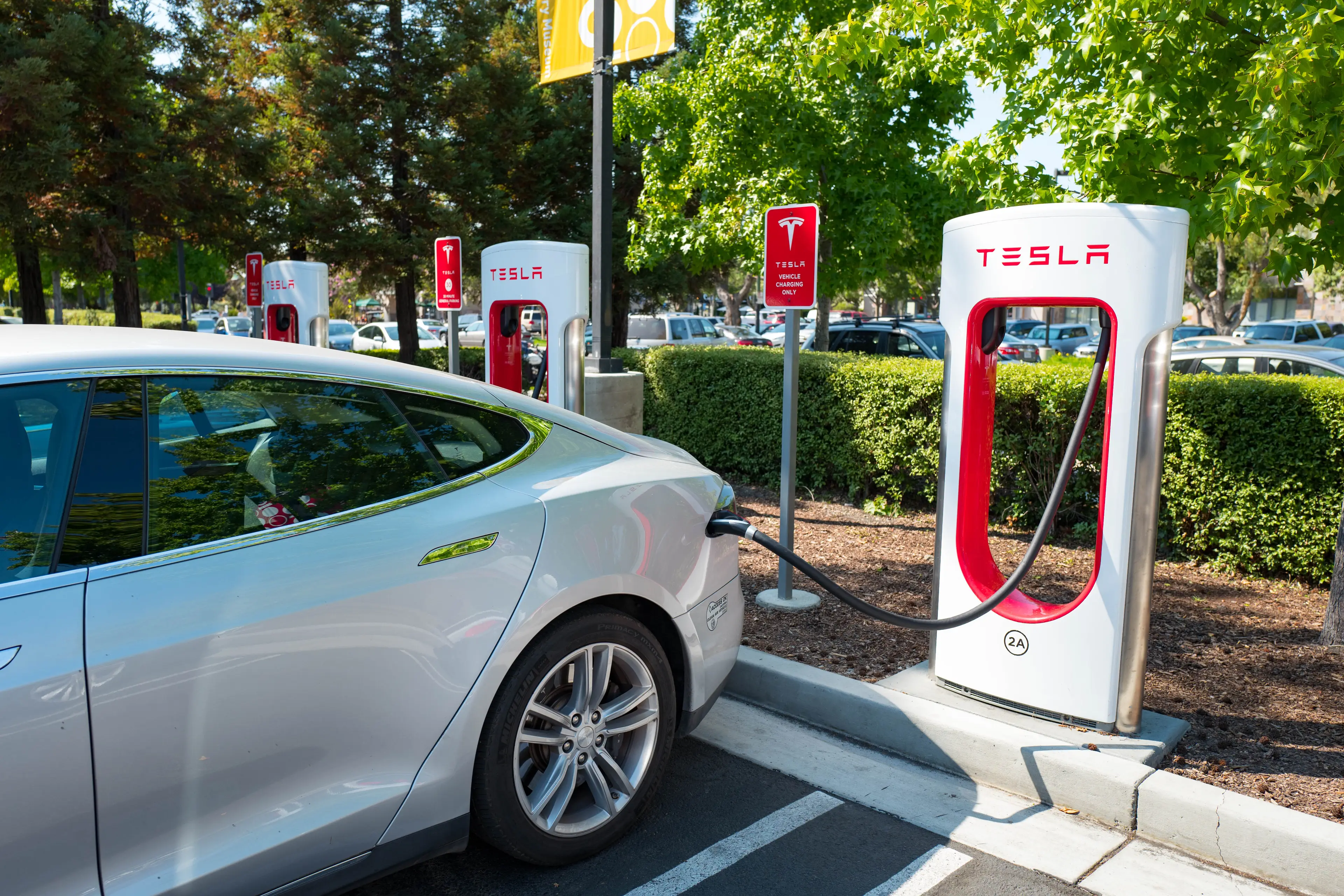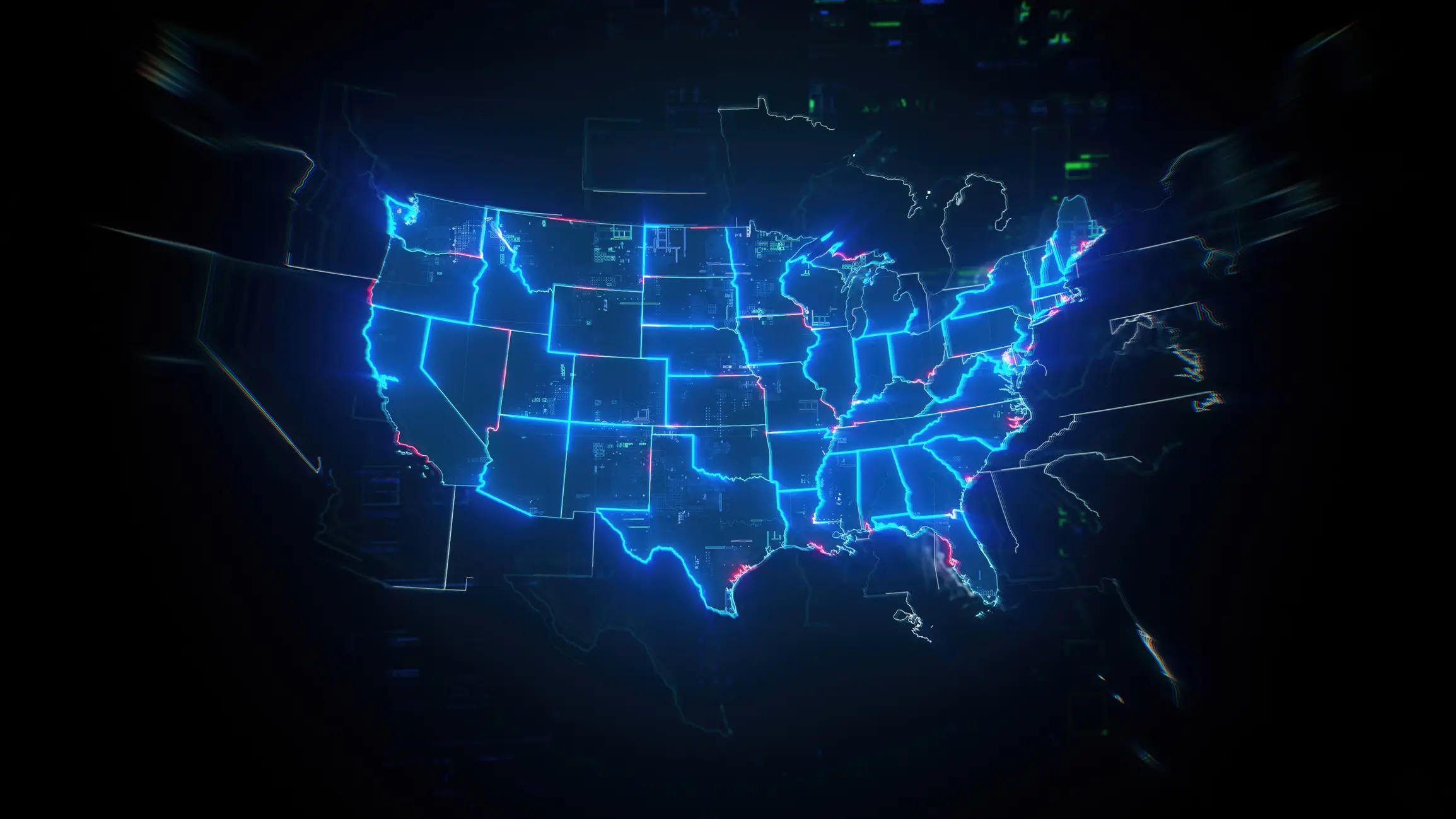
The discovery of a lithium deposit in the US Northwest - thought to be worth more than a trillion dollars - could majorly shake-up the nation's economy.
Located in the McDermitt Caldera, a 45-by-35 kilometer crater spanning southeastern Oregon and northern Nevada, the site may contain up to 40 million metric tons of lithium.
Formed 16.4 million years ago by a massive volcanic eruption, it's now the largest known lithium deposit in the world - estimated to be worth a whopping $1.5 trillion.
Often dubbed 'white gold', lithium is critical for both large-scale energy and vehicle production as well as smaller, everyday items.
Advert
With US and China tariff tensions on pause until August 12, this discovery could one day reduce America's dependence on foreign lithium, strengthening national security and energizing domestic supply chains.
And with demand for EV batteries soaring, the implications are massive; not only the government, but for the EV industry - like Tesla boss Elon Musk, who could see major payday.
Let's break it down...

Electric vehicle batteries
Lithium is a critical component in lithium-ion batteries, which power electric vehicles - so could be great news for Tesla CEO Musk.
Tesla might have reported a 20 percent dip in automotive revenue in their Q1 results, but let's be real, this isn't enough to deter Musk.
Just as well - demand for electric cars - and, in turn, lithium batteries - are continuing to soar.
According to the IEA, in 2024 'electric car sales rose by 25 percent to 17 million, annual battery demand surpassed 1 terawatt-hour (TWh) – a historic milestone'.

Currently, China is the world leader of lithium ion battery production, with more than 80 percent of the world's lithium-ion batteries made in the country, as per Inside EVs.
This huge lithium deposit could help position the US among the very top producers, toppling China, taking a large chunk of their market share - and ultimately raking in way more money.
Grid energy storage
Elsewhere, renewable energy sources like solar and wind rely on large-scale battery storage to stabilize its supply.
Lithium-ion batteries are already used in grid storage systems to keep excess energy and release it when demand spikes.

So, the more lithium there is, the more batteries there will be and the more reliable the US' renewable energy infrastructure is.
It also reduces the US' reliance on other countries - such as Canada - for lithium for power, a key priority for US energy independence.
Consumer electronics
On a smaller scale than EVs and powering the nation, lithium is also essential in our everyday technology - think phones, laptops, tablets and power tools.
Much like with the EV batteries, a larger domestic supply chain of lithium from McDermitt could reduce dependence on foreign lithium sources - like Australia, Chile and China - increasing the US' supply chain security.
This would play in the US' favor particularly well when it comes to negotiating tariffs with countries like China in the future, if they can rely on US-sourced products rather than outsourcing from China. That has the potential to majorly disrupt the supply chain.

Environmental concerns
Despite the lithium mine forecast to be lucrative, it does bring about some environmental concerns. The Oregon Chapter of the Sierra Club has stated that it does not want drilling for the material to harm the fragile habitats in the area, although they do support cleaner energy - which, compared to fossil fuels, lithium very much is.
While others believe it would disrupt water sources for communities in the area, Malheur County is hopeful that it could serve as a boom to local economy, with much-needed jobs.
Developing the huge McDermitt site could bring significant investment and employment to the region.
Yet mining such quantity of lithium could have a devastating impact on the local wildlife - where sage-grouse, a species of bird whose population numbers have greatly decreased over the years, currently inhabit.
However, if mining was to go ahead on the Oregon-side of the caldera, it would enrage the indigenous tribes living in the area, with tribal leaders in nearby locations having already contested the plans, stating that they hold sacred ceremonies on the land.
Topics: Tesla, Nature, US News, Technology, China